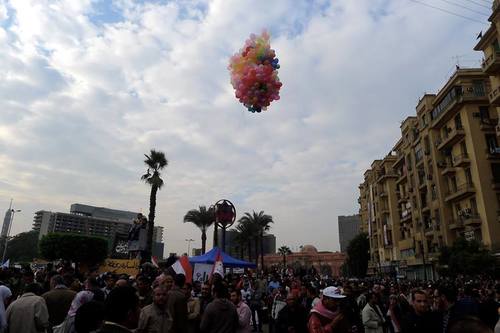Education
24.03.2015
6.30pm
Imaginary School Program
A Workshop with Alia Mossallam
For Minds Prone to Mystery: Re-Imagining the City
PROUST 1993B.284
How much of this city we inhabit do we know by experience; and how much of it is an inherited memory whose source we cannot trace? Much of Cairo's layered history speaks to us through its architecture and ruins, the names of its streets and its inhabitants abundant with stories of their pasts. Much of our consciousness of these layers however is dictated by the faint echoes of songs, poems, films and stories we've read or heard. Echoes of a past, often imagined or imaginary, haunt us just as strongly.
Through this workshop we will explore aspects of the city's past through novels, songs, poems, and oral testimonies. We will talk about the importance of testimonies, oral history, or people's stories in reading into the city's sites and memories. How much do these fragmented histories matter? What do they tell us that other sources (history books, or writings on the walls) may not? We will look at how the stories of a city's inhabitants can help us piece the puzzle if its histories together. Help us understand why it operates the way it does, but most importantly, why it feels the way it does.
